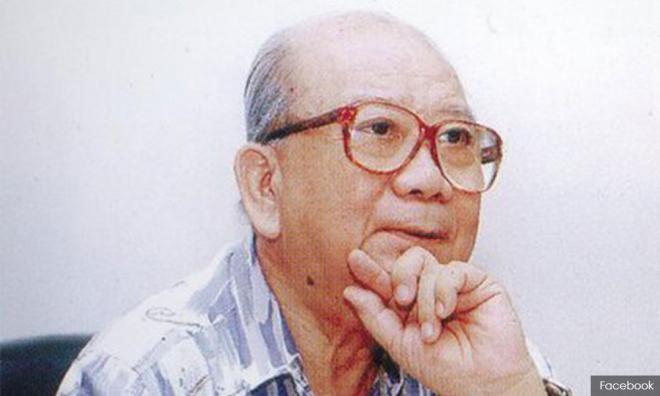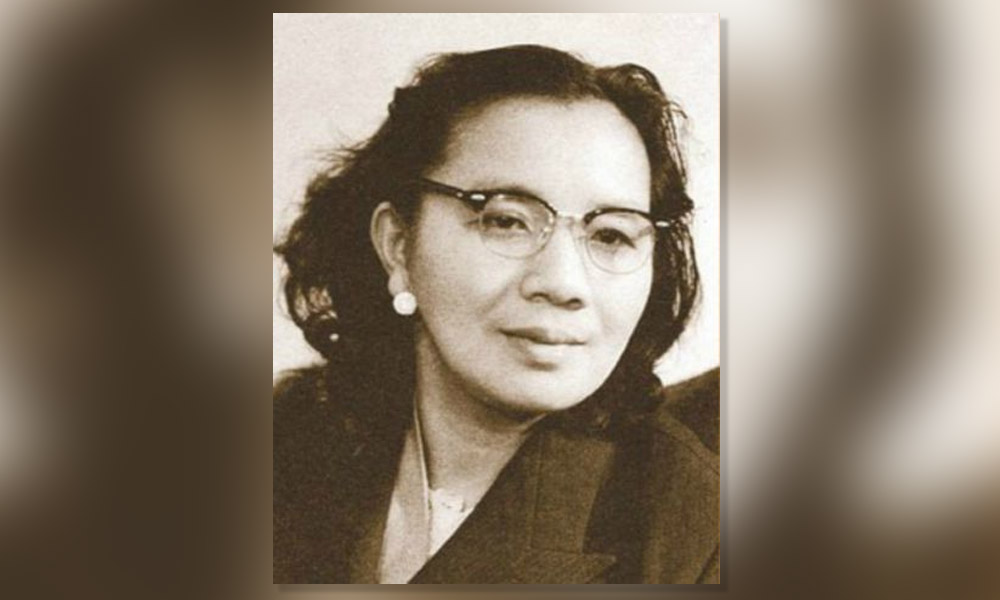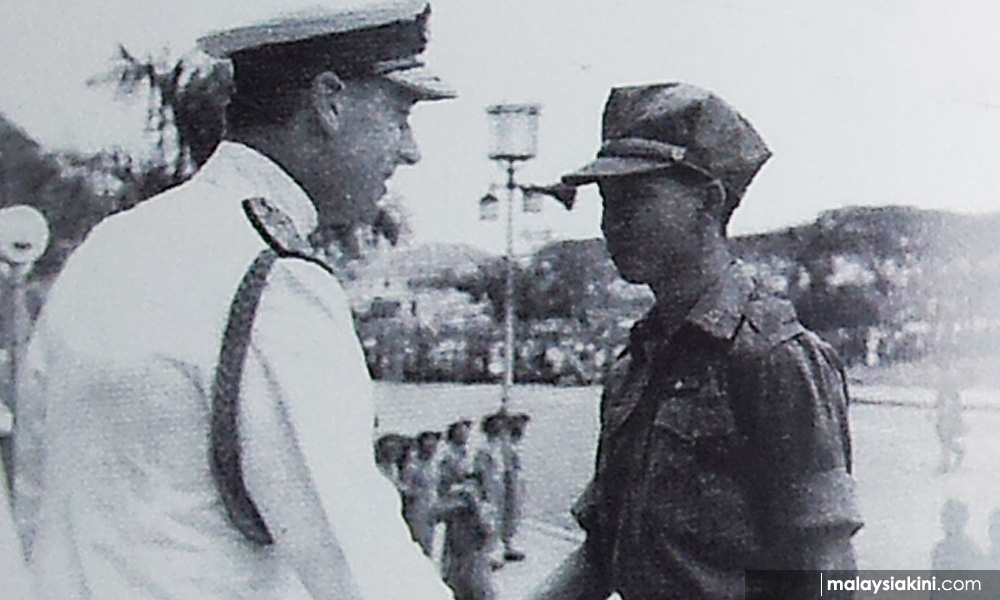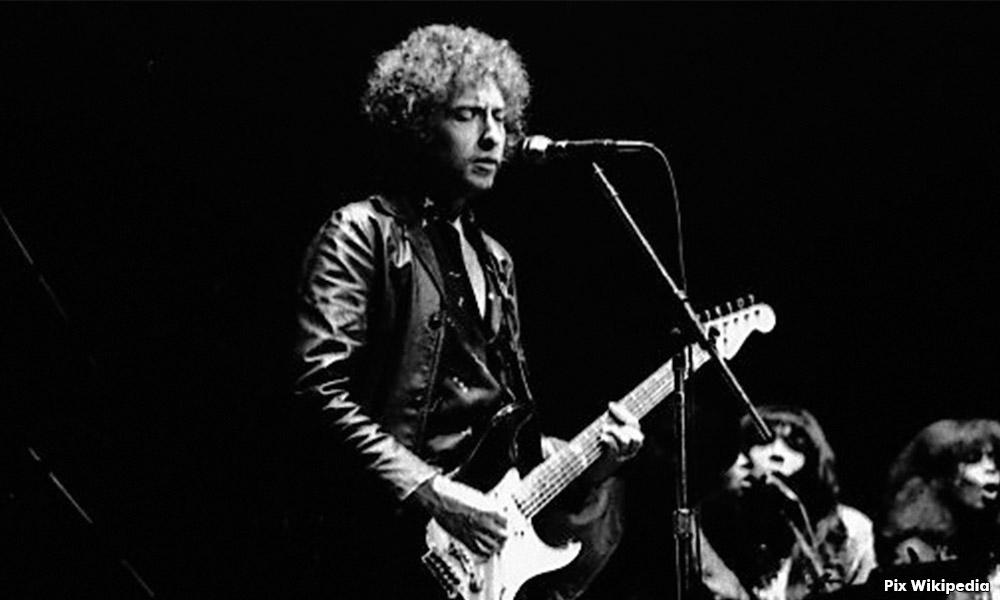
I am back from a few months of slumber and hiatus. Perhaps the nausea of the state of Malaysian politics made me take a break. But I see writing as a calling and a commitment to continue to think passionately about what is best for our country.
I am back in the swing of things. I was also completing my latest book on neo-Mahathirism, on Pakatan Harapan and its promises. Then I read about yet another manufactured crisis, an unfounded fear. Here are my thoughts.
What is this smokescreen about Chin Peng’s (photo) ashes? I asked as I read yet another distraction for the rakyat; at the time of the fierce internal struggle within Harapan, on the question of “peaceful transition of power”.
I understand the big deal on Chin Peng’s ashes. There were no objections with Shamsiah Fakeh’s and Rashid Maidin’s remains, were there? Then I started thinking about the real fright of those who feared the ashes. It is the fear of something bigger, I hypothesise. Fueled and turbo-charged by one’s ignorance – about ideology and what has been ailing us since independence.
Fear of Marxist critique of society, I presume. I have an antidote for such an imagined disorder. It is called knowledge and the willingness to get out of one’s glass coconut shell.
The willingness to explore alternative ideas of economic and social development that promise us a better way to see what is possibly better for Malaysia, a country that still needs to get out of the shackle of one-dimensionality of development – from economic to theological to social, leading to the realisation of each citizen’s individual potential.

The will to imagine counter-narratives of history and the march of “progress”. But what has Chin Peng’s ashes got to do with human liberation?
After 60 years of independence, we still cannot tell the difference between communism, Marxism, socialism or anarchism.
We are well versed in the foundations of crypto-corporate-cybernetic-crony capitalism of the inner workings of the capital market, and on how to get cheap labour and squeeze profits out of modern-day indentured serfs from countries impoverished by the policies of the International Monetary Fund and the World Bank such as Bangladesh.
We are good at talking about ''global economics'' and the ''glocalisation'' of Wall Street and Silicon Valley industries, and the so-called 4.0 industries. What is profitable at the global market, we import into our local economies, and what we see profitable in our country, we force our farmers and labourers to produce for the global economies.
We then complain about the evils of globalisation without realising that the big capitalists among us are the new globalists of our own labour.
At a time when we are exploring the possibilities of becoming a "flying-car nation" (whatever that means), we still have not explored the meaning of ideas we "fear".
We still equate communism with armed struggle, just like some Western media conglomerate's tendency of equating Islam with terrorism, and many other concept/word associations that are not accurate and dangerously misleading.
We need to explore the story behind the armed struggle to understand the ideology behind the movement.
We might denounce the atrocities of the communist insurgents/Malayan co-freedom fighters. However, we must also recognise the intellectual value and power of the Marxist critiques of society as a legitimate, systematic, liberating, humanising and praxical (the translation of theory to practice) body of knowledge that has evolved into an organic discipline itself.
One must engage in a systematic study of Marxism in order to be well-equipped with the understanding of what "national development" means. Without this knowledge, we will forever colonise ourselves by importing more and more members of the international advisory panel of any national project we blindly embark upon.

Respect the man, Chin Peng, as a freedom fighter, too. We can have our varied opinions but society is wise in its ability to appreciate history and its dialectical and historical marches. I would ask these questions regarding the Communist Party of Malaya and its fight against the British imperialists whose sole goal is to plunder and suck the blood, sweat and tears out of its slaves in its colonies in places such as Burma, Malaya, Egypt, and India.
- Had the communists won in Malaya, what kind of power-sharing would there have been?
- How might the character of neo-colonialism have turned out had Malaysian political-economic arrangement been based on non-communalism?
- Would there be conspicuously rich and - at the other end of the spectrum - silenced under-class poor Malaysians?
- Would there be a BN? Would there be Harapan?
- What would have been the fate of the monarchy?
- What would have been the nature of the distribution of wealth in society and what might the "digital divide" mean?
- How might the reformasi movement learn from the theoretical foundations of Marxism, as a radical critique and restructuring tool of society?
- What themes in Islam do Marxism share in the areas of social justice and the social control of greed?
- How might ancient Chinese philosophy be a powerful and non-oppositional force to Marxism?
- How might the concept of Marxist-metaphysical-ism emerge from the synthesis of foundational tenets of the Western and Eastern societies?
These and many more might help us explore the possibilities of emergent ideas and make our graduate/Masters/PhD students smarter and our politicians more learned. Imagine the quality of dissertation topics we will have in the archives of our public universities?
These topics should generate interest in looking at the possibilities of newer and better arrangement of base and superstructure of the Malaysian society as we develop newer commanding heights, and as we continue to profess our status as an independent nation that is slowly suffocating in the haze of globalisation.
Marxism and other 'isms'
I have a few suggestions to put a halt to this argument over the independence fighter’s ashes. I suggest we have our undergraduate students read the variety of "isms" and have them construct their own understanding of what this "nebulous of ideas" means.
We must give our students the message that these "truths" must be explored and not be shied away from. We cannot continue to have a passion for ignorance.
We must even have courses on Marxism, socialism, capitalism and anarchism and encourage our teaching faculty to teach their favourite thinkers such as Karl Marx, Ibnu Sina, Al Farabi, Ali Shariati, Che Guevara, Socrates, Krishnamurthi, Radhakrishna, the French existentialists, Einstein, Malcolm X, Plato, Habermas, Bourdieu, Foucault, Syed Hussein Al-Aattas, Sukarno, Raden Adjeng Kartini, Jose Rizal, Lee Kuan Yew, Gandhi, Kung Fu Tze, Lao Tzi, and Mao Ze Dong.
One could even develop a course around the life and times of American poet-musician Bob Dylan (below).

I believe we will create better thinkers amongst our students and lecturers. Campus authorities will not need to use scare tactics during student elections nor university lecturers need not be fired by vice-chancellors and, by extension, the Higher Education Ministry, who are bankrupt of intelligent arguments.
"The simplest questions are the most profound," said Socrates.
Our education system and the way we teach history have not produced enough leaders well-read enough of the history of ideas. It has, since independence, created better “little brown brothers and sisters” and those who fear the act of looking into the mirror of history.
In fact, what has the education system produced thus far? It has perhaps produced billionaire leaders from the old paradigm and now those who are aspiring to become like the old. This was made possible by the way we drown ourselves in an ideology called capitalism/free enterprise we cannot fully understand, yet we vulgarize and idolise.
Chin Peng’s ashes have been scattered. It is our role now to think of the man beyond what he and the Malayan communists did, but ask why the world today is rising up against the power-elite and oligopolies.
What are we seeing now in Malaysia? What lens do we use in analysing the interplay between culture, capitalism, and human liberation? What do we teach in our universities so that we will stop producing mediocrity and this fanaticism of race and religiosity?
May Chin Peng rest in peace. He is part of Malaysian history, an important part, whose struggle was perhaps misunderstood.
AZLY RAHMAN is an educator, academic, international columnist, and author of seven books available here. He grew up in Johor Baru and holds a doctorate in international education development and Master’s degrees in six areas: education, international affairs, peace studies communication, fiction and non-fiction writing. He is a member of the Kappa Delta Pi International Honor Society in Education. Twitter @azlyrahman. More writings here. - Mkini
No comments:
Post a Comment
Note: Only a member of this blog may post a comment.